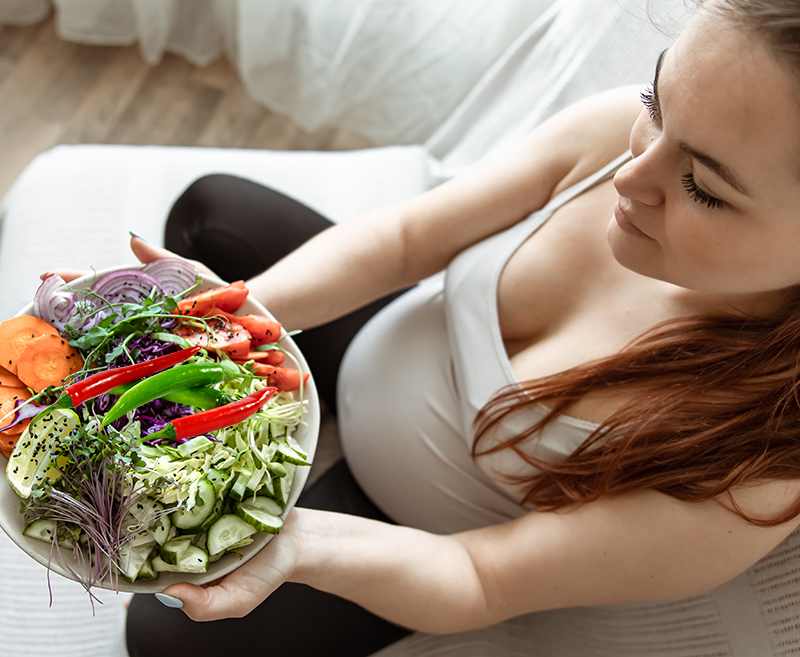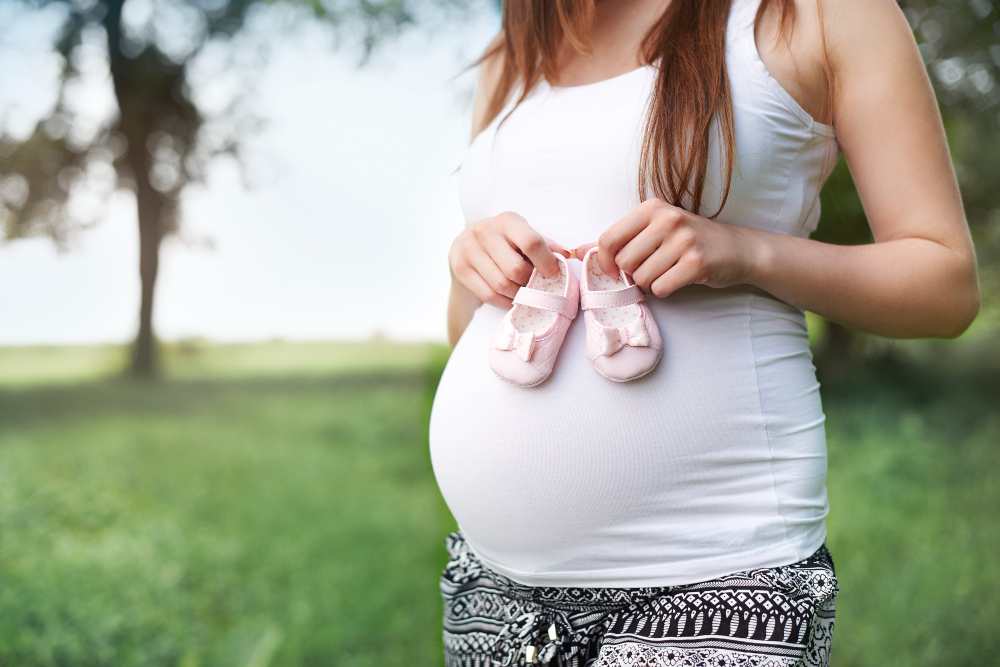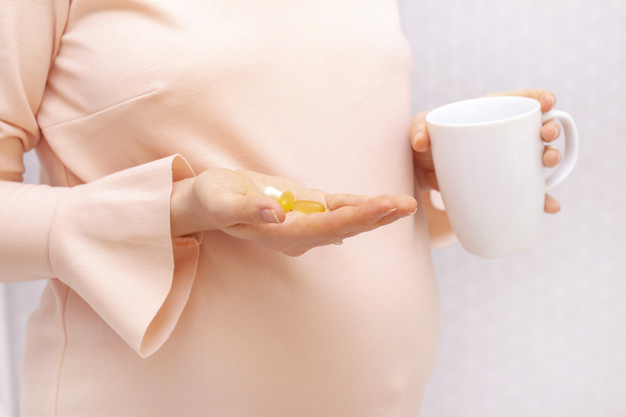When a couple is expecting a baby, they often find themselves in the middle of chaos even after the baby is born. Family, friends, everyone in the close circle of the parents has got something to say about the new baby. People don’t understand how confusing it can be for the new parents always to hear something from someone, like the Daadi who had four children and heard from the maid that too much holding spoils the baby and the cousin who heard from her colleague whose sister in law is a receptionist in a hospital that babies should be bathed every day and the coworker who heard that “Teething can cause fever, “from his wife’s doctor brother. Well, it’s just another hurdle in the path of being good parents, learning not to believe everything that is said about babies. You will come across many things, but only a few of them are true. Others are just myths, and it’s pivotal for the baby to know which advice is accurate and which is a myth. This article will debunk some myths about newborn babies and help you understand what is better for your sweet little infant.
The Bathing myth
Bathing the little creature is indeed very fulfilling and rewarding, but believe me, it is not as fun as it looks. Only the parents know the struggle. And the myth regarding baths is that the newborn baby has to be bathed every day else there will be health issues.
No, that’s not entirely true. Baths are indisputably refreshing, even for adults. But baths are not necessary every day. Sanitation is essential- sure, but if the diaper area is cleaned, then there is no need to bathe the baby every day. Three times a week is enough. In fact, “over-bathing an infant may dry out the skin, making it itchy and rash,” said Dr.Gaurav Nigam, M.D., Pediatrician.
In case the baby is having fun taking a bath and enjoys it, they can be bathed every day. Do apply moisturizer, though.
Newborn babies can’t be bought under the sky.
Old school parenting has suggested that newborn babies should be kept inside the house because the sun’s rays may cause harm to their skin.
Yes, a baby’s skin is undoubtedly one of the most sensitive things in the world, but direct sunlight and the open-air don’t cause any particular harm. Rather, it is good for the skin as it is full of vitamin D, as we all know. But you have to keep in mind the heat. Bringing a baby outside on a hot scorching day of summer would be very risky, but if it’s pleasant autumn noon or bright winter morning, you can take your baby out for a stroll.
Teething and Fever
Teething of a baby can be a very frustrating time for the parents. However, each moment of hawk-like sincerity keeps the baby away from everything that can be harmful. And there are also many mild health issues like drooling, pain, and fussiness, which a baby can feel.
But there is a myth that Teething can cause fever. That is not true. Teething can rise The temperature of a body very slightly, which can cause a mild fever. If the fever increases and gets high, consult the doctors immediately because, as professionals have stated, fever is not associated with teething.
Picking up a crying baby will spoil them.
This myth is particularly hilarious because infants can’t be spoiled. So go ahead, pick up your baby and hold it any time you want and keep your little love in your arms as long as your want because it only makes your bond stronger.
Honey on the dummy ( pacifier )
This concept is not only silly but also bad for the baby. Honey may contain Clostridium botulinum, an organism that produces a potent neurotoxin known to cause severe illness in infants.
So, while honey is very good for adult health, parents are advised not to feed honey — raw or otherwise — to children younger than 12 months old. Because it may quiet the baby for a while, it might be bad for their health.
Newborn babies should not be fed the first breast milk
The first breast milk is called colostrum, and it is very healthy for the baby. It’s rich in vitamins, minerals, fats, carbohydrates, disease-fighting proteins, growth hormones, and digestive enzymes.
While its yellowish color forms an unnecessary dilemma to feed the babies the liquid, it is proven to be very healthy for them.
Babies don’t have taste buds.
You may eat Gulab Jamoon in front of your baby while feeding them baby food and think that they don’t understand the difference as they don’t have taste buds, but sorry to break the bubble, babies have taste buds. They can discriminate between salt and sweet and that tasteless baby food. After 4-5 months, babies grow full taste buds.
Walkers help babies to walk
Although Walker is a well-known present for a baby and it is very widely used, the benefits of the good sides of workers are not much. It may give the baby a little fun for a while, but in reality, walkers are proven to be delaying the baby’s actual walking.
Mothers who stay with the baby have better bonds.
This particular myth was created for a society where women used to have only one work-producing baby and take care of them. But in today’s world where both men and women are equally working and equally contributing, it is just a myth that only mothers who stay with babies bond better with the baby. The bond between mother and child doesn’t only depend on the time; it depends on attention and proper understanding ability.
Babies don’t understand talking.
While babies cannot respond verbally, they can understand what is being discussed. Understand conversations, particularly facial expressions and the mood of a person. Children’s rhymes and lullabies are often filled with good words and happy images because as babies would understand those, they will be filled with happiness.
These are some myths about babies. Unfortunately, there are many other myths like this about newborns, so before you believe everything that you have heard, please check whether it is true or not because it can play an essential role in your baby’s growth.
42 , 1 T












